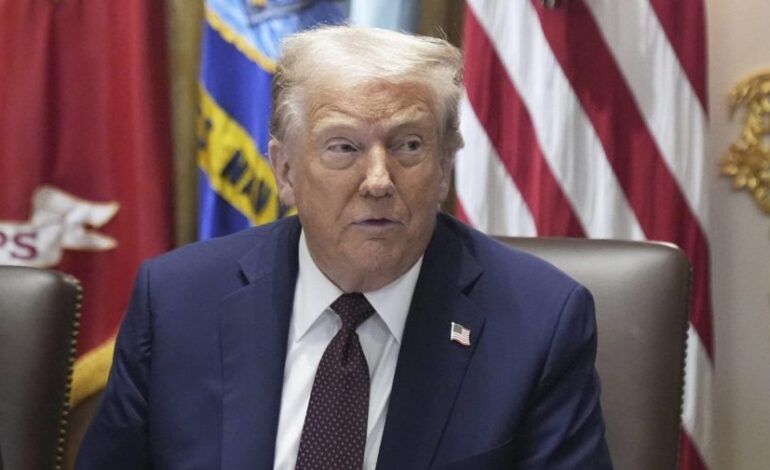National Conservatism Conference Kicks Off, Shaping Right’s Future

The fifth annual National Conservatism Conference commenced on September 2, 2023, in Washington, D.C., aiming to influence the future of conservative politics in the United States. This gathering has become a significant platform for the discussion of ideas that resonate with the current administration. Unlike previous conservative events characterized by high-energy rallies, this conference emphasizes intellectual discourse, focusing on the evolving landscape of national conservatism.
At the heart of this year’s event is the assertion that the conference embodies the essence of the modern conservative movement. Rachel Bovard, vice president of programs at the Conservative Partnership Institute, remarked, “These ideas are not only driving the movement, but they’re popular enough to get elected,” highlighting the increasing acceptance of national conservatism within political circles.
One of the notable sessions, titled “Overturn Obergefell,” will address the landmark Supreme Court decision that legalized same-sex marriage nationwide. This reflects the conference’s intention to challenge established norms and advocate for a conservative agenda that resonates with its base. The push to revisit such pivotal issues illustrates the conference’s role in shaping the direction of conservative policies.
Key Issues and Debates at NatCon
While the attendees largely agree on contentious topics like immigration—where there is support for more restrictions—there are significant divisions on other matters such as technology and foreign policy. Anna Wellisz, president of the Edmund Burke Foundation, pointed out the contrasting views within the movement regarding technology. Some conservatives express enthusiasm for advancements in artificial intelligence, while others voice concerns about its impact on society, particularly regarding family life and personal privacy.
Sessions like “AI and the American Soul” and “America and the Israel-Iran War” are expected to highlight these debates, as attendees seek to define the future of conservative technology policy and foreign relations.
Prominent speakers at this year’s conference include Tulsi Gabbard, Director of National Intelligence; Russell Vought, Director of the Office of Management and Budget; and Sen. Jim Banks (R-Ind.). Their participation underscores the conference’s influence within the upper echelons of the political landscape, further solidifying its role as a key forum for conservative thought.
The conference has positioned itself as more than just a meeting of like-minded individuals; it has become a catalyst for the implementation of national conservative principles. As Bovard noted, the rapid transition from intellectual discussion to practical application within the Trump administration has been remarkable. “Usually you don’t get that chance in your career to see something go from its intellectual formation to practice,” she said, reflecting on the swift evolution of ideas discussed at the conference.
Impact on the Conservative Movement
The emergence of national conservatism has prompted a response from traditional conservative factions, leading to the development of the Freedom Conservatism statement of principles. This alternative perspective emphasizes individual liberty and greater choice, appealing to those who feel marginalized by the more aggressive national conservative agenda. Signatories of this statement include notable figures such as former Florida Governor Jeb Bush and political strategist Karl Rove.
These ideological shifts signal a broader reconfiguration of the conservative movement, challenging the established norms that once dominated prior to the Trump administration. The increasing popularity of national conservatism has led to a reevaluation of what it means to be a conservative today.
As the conference unfolds, the ideological debates within the right are expected to intensify, providing insights into the future trajectory of conservative policies. Attendees will likely emerge with a clearer understanding of the movement’s direction, which is increasingly characterized by a blend of traditional values and a willingness to confront contemporary social issues head-on.
In conclusion, the National Conservatism Conference serves as a pivotal forum for shaping the future of the right in American politics. With its focus on pressing issues and influential speakers, it remains a critical space for the evolution of conservative thought and policy.






